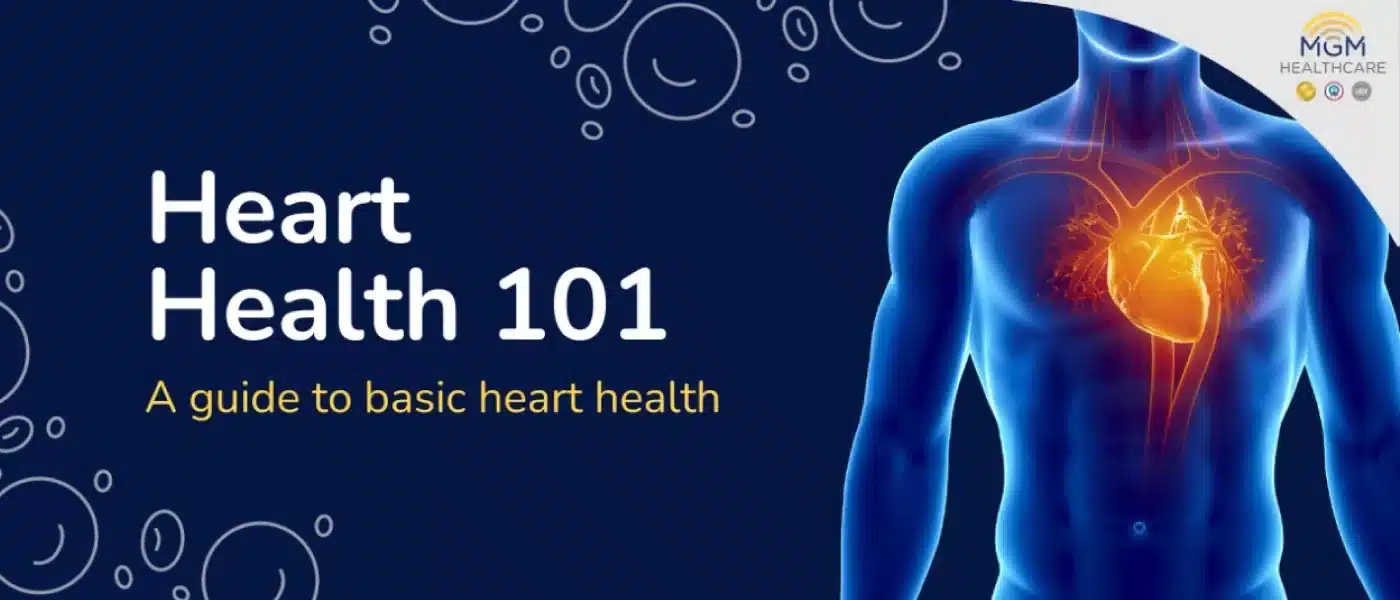- Home
- Our Specialities
Cardiac Sciences
Gastro Sciences
 Minimal Access GI & Bariatric Surgery
Minimal Access GI & Bariatric SurgeryHeart & Lung Transplant
 Multi-Visceral and Abdominal Organ Transplant
Multi-Visceral and Abdominal Organ TransplantLiver Transplant
 Neurosurgery
Neurosurgery Neurology
Neurology Spine Surgery
Spine SurgeryObstetrics and Gynaecology
Orthopaedics
 Total Knee replacement
Total Knee replacementRenal Sciences
ENT, Head & Neck surgery
Internal Medicine
 Anaesthesiology & SICU
Anaesthesiology & SICUEmergency Medicine
Radiology and Imaging Services
Aesthetic & Plastic Surgery
Dermatology
Laboratory services & Blood Bank
Maxillofacial & Dental Surgery
Critical Care
Opthamology
Pain Management
Pulmonology
Rehabilitation Medicine
Pediatrics and Neonatology
 Paediatric Cardiology
Paediatric Cardiology Emergency Na MGM
Emergency Na MGM IVF
IVF Oncology Treatments
Oncology Treatments
- Our Doctors
- International Patients
- Patient Information
- Second Opinion
- Academic Programs
-
+91 44 4524 2407Appointment
-
 +91 44 4200 4200Emergency
+91 44 4200 4200Emergency

 In-person Consultation
In-person Consultation Online Video Consultation
Online Video Consultation Treatment Enquiries
Treatment Enquiries Find a Doctor
Find a Doctor Access the Patient Portal
Access the Patient Portal +91 44 4524 2407
+91 44 4524 2407 


